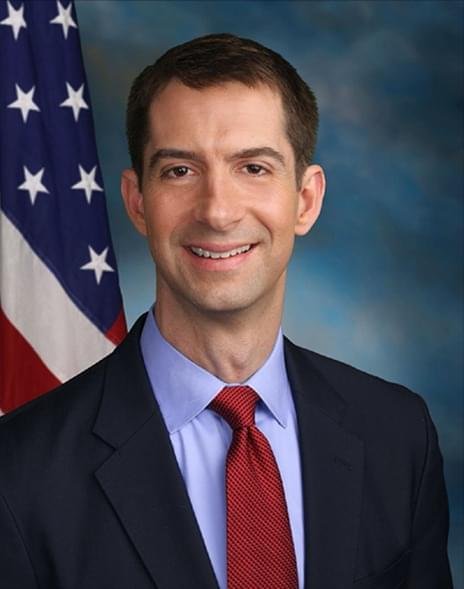WASHINGTON – U.S. Senator John Boozman (R-AR) joined U.S. Senate Energy and Natural Resources Committee Chairman Joe Manchin (D-WV) and Ranking Member John Barrasso (R-WY) in calling on Senate leadership to support legislation renewing the Compacts of Free Association (COFA) with the Republic of the Marshall Islands, the Federated States of Micronesia and the Republic of Palau.
Boozman is a long-time advocate for restoring access to federal benefits for COFA citizens legally living in the U.S. The largest population of Marshallese in the continental U.S. resides in Springdale, Arkansas.
Last year, the senator introduced the Compact Impact Fairness Act, legislation to renew eligibility for COFA citizens to receive public benefits they are entitled to.
Congress has built on the foundation of the Boozman-backed legislation and negotiated a plan to renew the agreement, protect U.S. interests in the Pacific and block the People’s Republic of China’s efforts to expand its corrupting influence in the region.
Boozman, Manchin, Barrasso and a bipartisan group of senators wrote a letter to Senate leaders urging them to advance the legislation.
In addition to Boozman, Manchin and Barrasso, the letter is signed by Senators Ben Cardin (D-MD), Jim Risch (R-ID), Mazie Hirono (D-HI), Jack Reed (D-RI), Roger Wicker (R-MS), Ron Wyden (D-OR), Jerry Moran (R-KS), Tammy Duckworth (D-IL), Thom Tillis (R-NC), Tim Kaine (D-VA), Todd Young (R-IN), Kirsten Gillibrand (D-NY), Joni Ernst (R-IA), Brian Schatz (D-HI), Dan Sullivan (R-AK), Martin Heinrich (D-NM), Bill Cassidy, M.D. (R-LA), Catherine Cortez Masto (D-NV), Mitt Romney (R-UT), Gary Peters (D-MI), Rick Scott (R-FL), Jeff Merkley (D-OR) and Lisa Murkowski (R-AK).
Full text of the letter is available here and below:
Dear Leader Schumer, Leader McConnell, Chair Murray and Ranking Member Collins:
We write in support of legislation to renew the Compacts of Free Association (COFA) with the Federated States of Micronesia, the Republic of the Marshall Islands, and the Republic of Palau, including in any legislative vehicle.
Our COFA partnerships are critical to U.S. national security. Failure to pass the renegotiated Compacts as soon as possible imperils our relationships with the Freely Associated States and the entire Pacific Island region, who view the COFA as a barometer of the U.S. commitment to the region. They ensure that we, rather than a nation hostile to U.S. interests, maintain strategic control of the Pacific Ocean between Hawaii and the Philippines.
The People’s Republic of China (PRC) is engaged in active efforts to undermine Pacific Island nations’ confidence in the United States. Failure to act on COFA opens the door to more corrupting influence and funding by the PRC in the region. The PRC is pursuing military basing and policing agreements in the region and working to undermine recognition of Taiwan, and exerting corrupting influence in several other countries. Without the COFA agreements, these trends would accelerate.
These unique bilateral agreements are the product of nearly four years of negotiations under two Presidential Administrations, and year-long negotiations across eight primary committees of jurisdiction in the House and Senate and multiple others. The resulting bicameral, bipartisan legislation will secure U.S. national security in the Indo-Pacific for the next two decades.
We ask for your support in moving the COFA package forward with the urgency it requires. Thank you for your attention to this matter.


